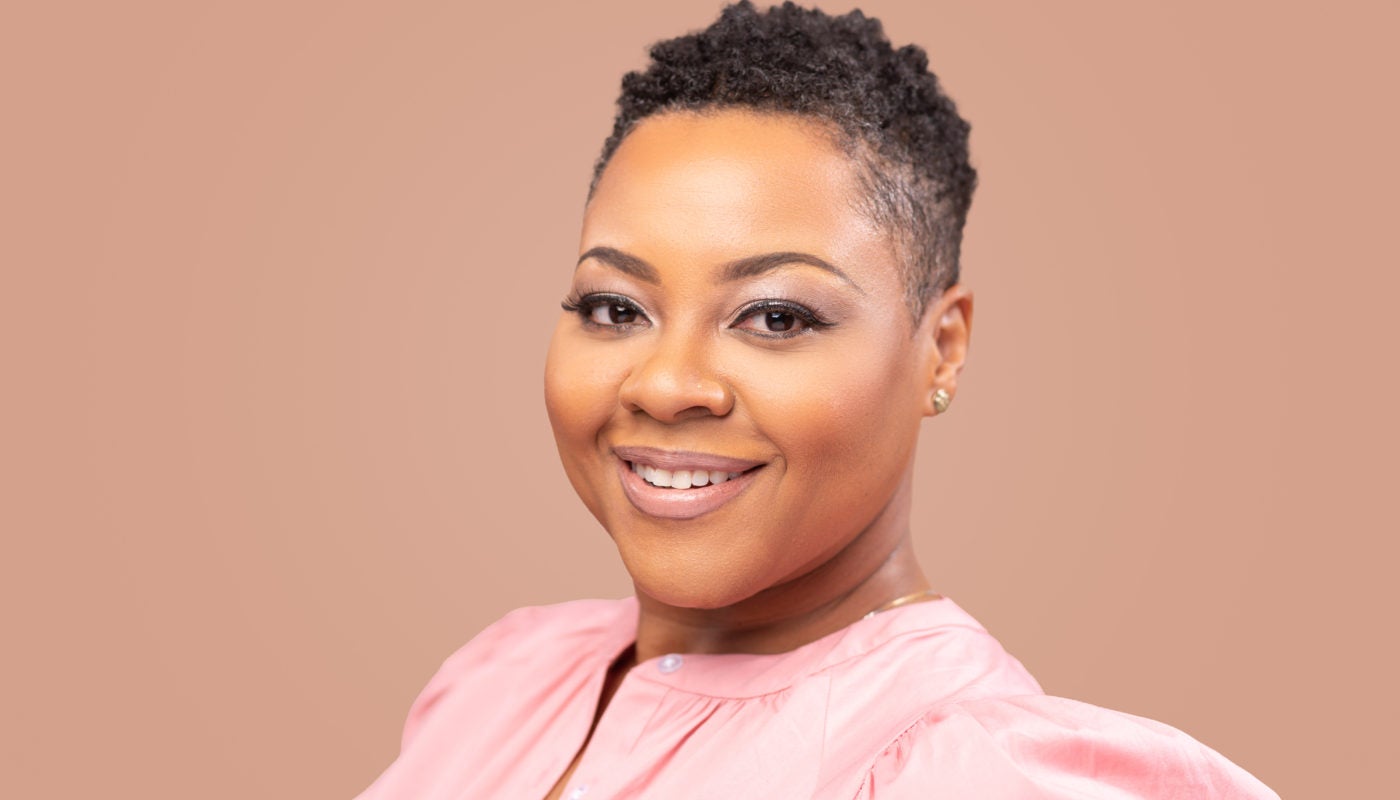
Data reported from the Bureau of Labor Statistics (BLS) has shown that more education can translate to a higher income over time. Those with a doctoral degree stand to earn more than a master’s degree. Data also shows that those holding a doctorate degree stand to earn 27 percent more than that of a master’s holder.
However, an advanced degree doesn’t always mean the return will be worth it. This is a hard truth that Dr. Zakiya Akerele learned after earning completing her PhD in religious education from Fordham, and still finding herself needing government assistance to cover bills.
“I couldn’t land a full-time job in my field—it was embarrassing,” she shared. “I didn’t want to tell anyone. And I wasn’t alone.”
Dr. Akerele earned her degree at the height the recession. At that time, it was reported that the percentage of doctorate holders receiving public assistance went from 0.05% in 2007 to 0.15% in 2010.
After working freelance jobs for years, she was finally able to land a full-time professorial role, but it wasn’t easy. She chronicled the lessons she learned along the way in her book, Dump Your Degree: How to Repurpose Your Education, Control Your Career, and Gain Financial Freedom.
“I’m so passionate about doing all I can to ensure that graduates don’t experience what I went through,” she said.
In her book, she outlines tools to help recent grads navigate the challenges that come up in tough job markets.
“After spending so much time in school, you expect to land a job you love,” she shared. “When that doesn’t happen, depression can set in.”
Akerele says that she survived the tough job search by freelancing, which she says could be a better alternative for some grads aiming to have freedom and flexibility in their careers.
“For some, working freelance gives the opportunity to explore your professional options while achieving a work-life balance which has become increasingly more important over the years.”
The book acts as a guide for setting educational and professional goals, making career decisions, exploring viable options outside of your degree field and building beneficial and meaningful professional connections.
“I’d do a lot of things differently,” she shared. “Fortunately, fellow grads have the ability to pivot, and make the right decisions for their career. I want to help them do that.”